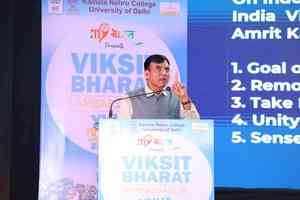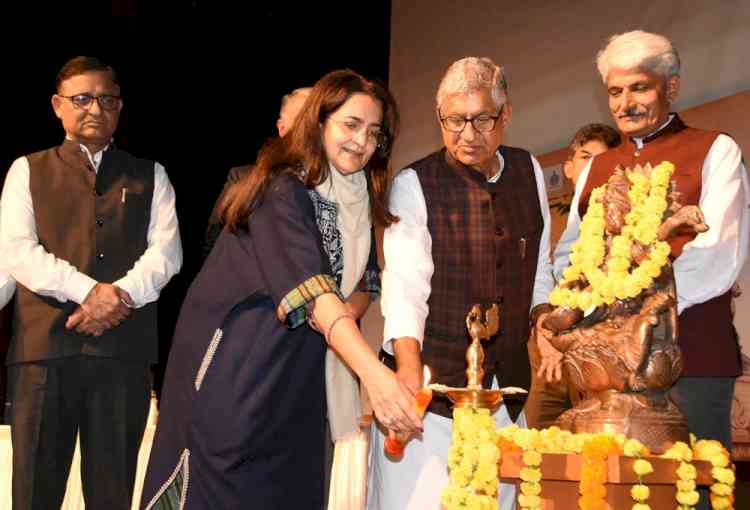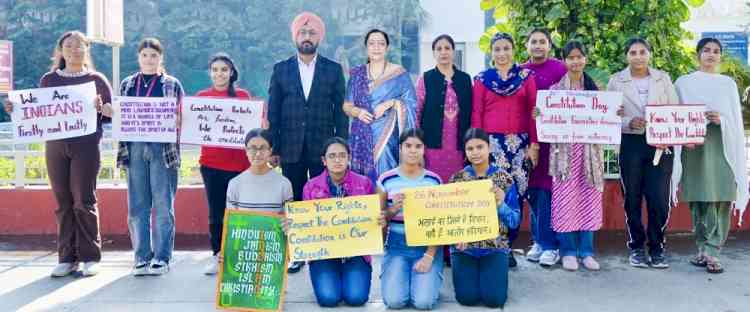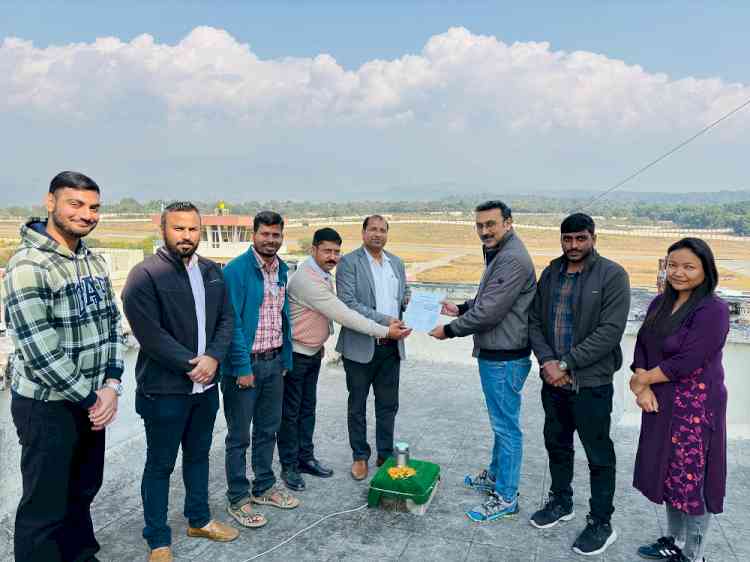Collaborative Research Projects can help develop tailored solutions to tackle pests
Collaboration between research centers and the agro-industry is pivotal for addressing specific pest management issues and developing tailored solutions. Agro-industries can collaborate closely with the All India Coordinated Research Project on Biological Control of Crop Pests (AICRP-BC) centers to develop and test new biological control products. These trials will be conducted across multiple locations to ensure the effectiveness and reliability of the products under diverse conditions.
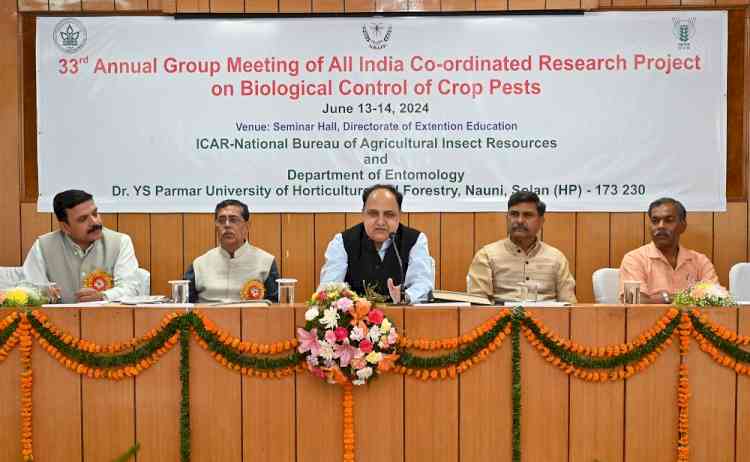
Nauni, June 15, 2024: Collaboration between research centers and the agro-industry is pivotal for addressing specific pest management issues and developing tailored solutions. Agro-industries can collaborate closely with the All India Coordinated Research Project on Biological Control of Crop Pests (AICRP-BC) centers to develop and test new biological control products. These trials will be conducted across multiple locations to ensure the effectiveness and reliability of the products under diverse conditions.
These insights were shared by several notable experts from the industry, scientists from different universities and Indian Council of Agricultural Research (ICAR) during the second day of the 33rd Annual Group Meeting of the AICRP-BC at the Dr. YS Parmar University of Horticulture and Forestry, Nauni. The meeting was organized by the university's Department of Entomology in collaboration with the National Bureau of Agricultural Insect Resources (ICAR-NBAIR), Bengaluru.
Dr. TR Sharma, ICAR Deputy Director General (Crop Science), chaired the session. In his address, Dr. Sharma emphasized the need to reduce dependence on agro-chemicals through regenerative agriculture, biocontrol, and biofertilizers. He highlighted the importance of reducing crop losses and making effective technology available to farmers. Dr. Sharma commended the university for its leadership in natural farming and its significant contributions at both national and international levels. He also praised the commendable work done by the various AICRPs at the university.
Vice Chancellor Prof. RS Chandel urged scientists from different centers to develop scientific models that can be upscaled with the latest technology. He stressed the importance of demonstrating the project's impact on farmers' fields, noting that profitability for farmers is crucial in order to target sustainability and reduced chemical fertilizer use. Prof. Chandel also highlighted the challenge of attracting youth to agriculture as a potential career.
Dr. Sanjeev Gupta, Assistant Director General, proposed that the NBAIR establish a museum on campus to mark the 50th anniversary of the AICRP-BC in 2027. He acknowledged the project's success in identifying significant pests and providing solutions. Earlier, Director of Research Dr. Sanjeev Chauhan welcomed participants, while Dr. SN Sushil, Director of ICAR NBAIR and project coordinator, presented the annual project report, noting that over 4,500 hectares are being covered in large demonstrations. Dr. Manish Sharma, Dean of the College of Horticulture, warned that high pesticide residues in crops could adversely affect exports.
During the five technical sessions, various topics were presented and discussed in detail. Experts highlighted the importance of transferring proven technologies from research labs to industrial partners for mass production and commercialization, ensuring accessibility to farmers across the country. It was suggested that demonstration experiments cover larger areas, with a minimum of one hectare, to ensure meaningful results and practical applicability. Multi-location trials were recommended for broader applicability and reliability, except for demonstrations of proven technologies. Extensive surveys to identify indigenous parasitoids and predators of invasive pests were also suggested to discover local biological control agents. Establishing standardized protocols for data collection, pooling, and analysis, along with engaging local farmers in demonstration trials and gathering feedback, were also emphasized.
GB Pant University Declared Best AICRP Center
GB Pant University of Agriculture and Technology, Pantnagar, was declared the best AICRP center for the year 2023-24. Six publications were also released on this occasion. Over 70 scientists and invitees from 41 AICRP centers, ICAR, along with industry representatives and university scientists, attended the two-day event.


 City Air News
City Air News 
